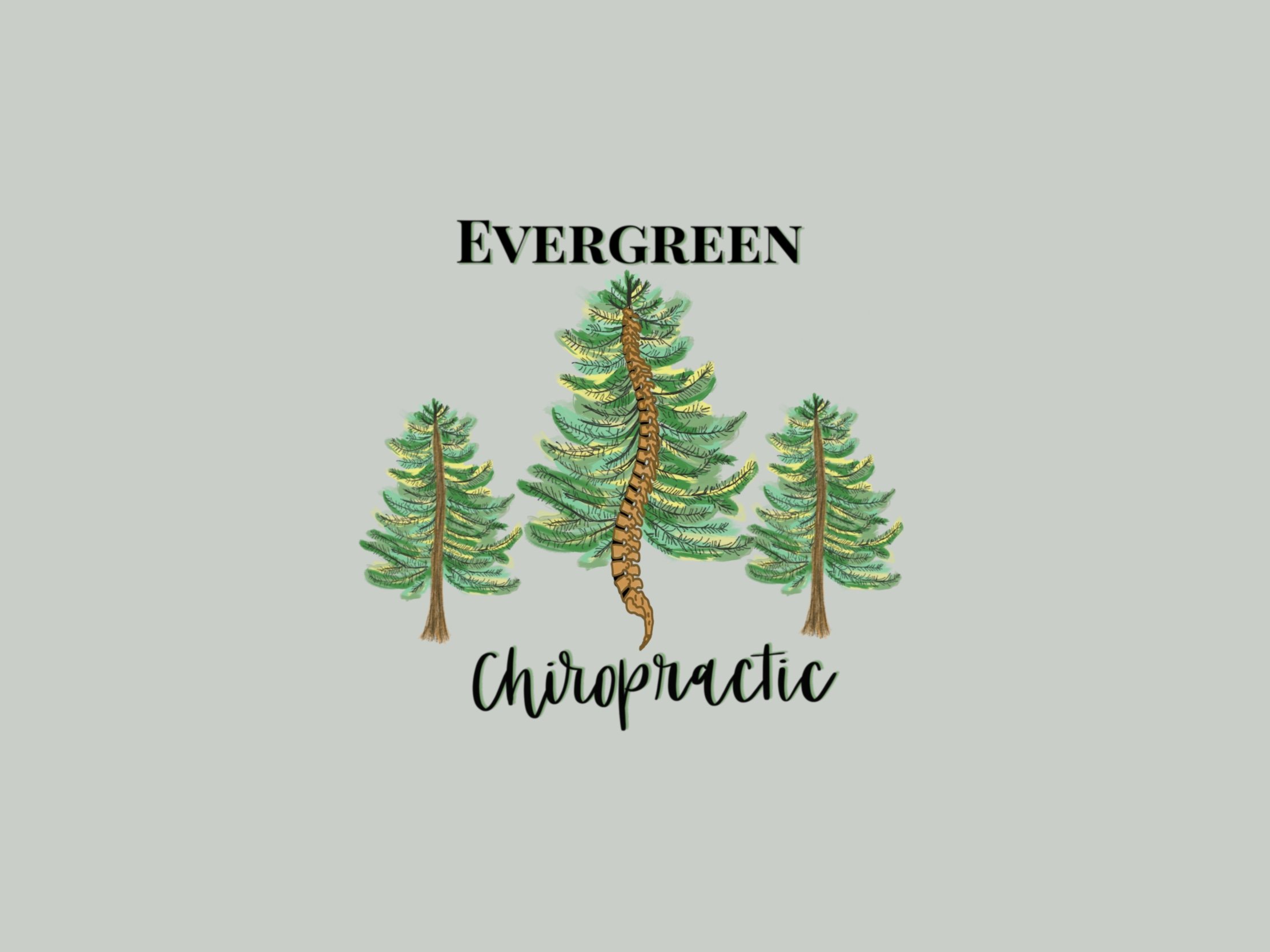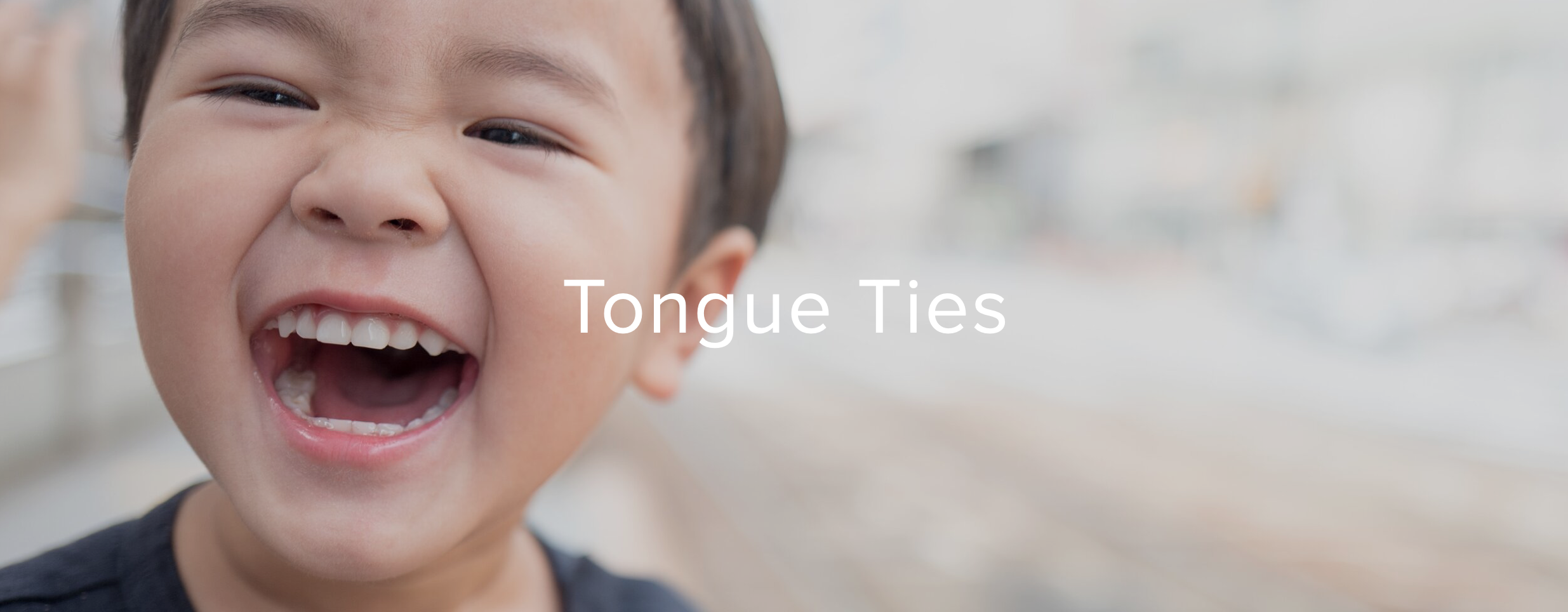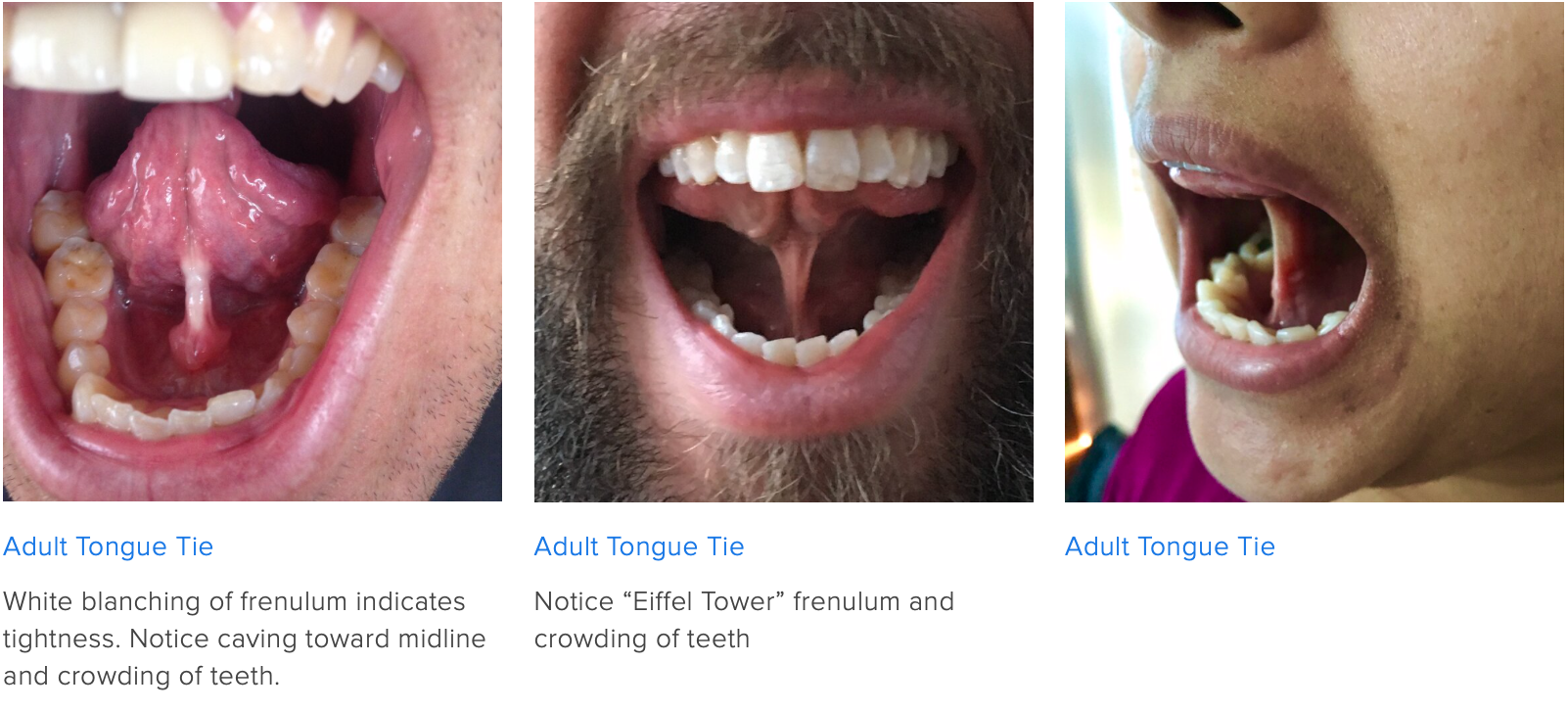WHAT IS CFT?
Craniosacral Fascial Therapy (CFT) is a very gentle, natural approach with powerful therapeutic effects.
Craniosacral Fascial Therapy is the work of Dr. Barry Gillespie. It is based on his theory that the Craniosacral and Fascial systems are not separate but one interconnected system. CFT blends the two established modalities of Dr. William Sutherland's Cranial Sacral Therapy and John Barnes' Myofascial Release, along with dental techniques developed from Dr. Gillespie’s experience as a periodontist.
What is fascia?
Basically, fascia is the body’s connective tissue, providing a framework that helps support and protect muscles, organs, and the entire body as a unit. It is an all-encompassing web found throughout the body that protects the entire body as a whole. It envelopes organs, muscles, nerves and even blood, for protection from outside trauma. It supports the musculoskeletal system and allows us to perform functional activities like walking, jumping, running, or simply changing position.
The intricate craniosacral fascial system originates in the body's core around the brain and spinal cord, and extends through the fascial web. A healthy system allows for the free flow of cerebrospinal fluid from the brain, down the spine, to the sacrum, and into the fascia.
How is fascia damaged?
All of us have experienced trauma --- difficult birth, surgery, auto accidents, falls, concussions, dental work/orthodontics, vaccinations, and emotional trauma, to name a few. Starting from birth, traumas accumulate and can create strain and toxicity in the craniosacral fascial system, restricting critical brain motion. Damage to the craniosacral fascial system can cause poor blood flow, diminish nerve impulses, hinder brain function, limit range of motion, and cause a host of other ailments.
How does CFT help?
Our brains must expand and contract. Any restrictions or damage to this motion can greatly effect our health and wellbeing.
CFT techniques are designed to gently unwind and release accumulated fascial strain. This allows optimal mobility and better brain function. When the Craniosacral Fascial System is loose and open there is free flow of cerebrospinal fluid to help nourish and cleanse toxins.
CFT is effective for all ages and benefits a variety of conditions..
Infants
Birth trauma
Tongue tie-lip tie
Torticollis
Reflux
Colic
Inability to latch
Difficulty sucking
Difficulty swallowing
Constipation
Indigestion
Asymmetrical head shape
Earache
Autism
TMJ
Strabismus
Children
Asthma
Earache
Concussion
ADHD/ADD
Learning disorders
Sinus conditions
Anxiety
Neck pain
Allergies
Bedwetting
Headache
Scoliosis
Adults
Migraine
Concussion
TMJ
Neck pain
Jaw pain
Hip pain
Sinus conditions
Back pain
Anxiety
Depression
Pelvic pain
Whiplash
Scars
We have 2 practitioners for CFT appointments in our office. Read about each one below:
What exactly is a Tongue Tie?
We all have a frenulum which is tissue on the underside of our tongue connected to the floor of the mouth. When this tissue is too short, too thick, too tight, and attached too far forward on the tongue, it will affect mobility, function and the tongue’s resting posture. In some cases, a tied frenulum may not be visible (known as a submucosal tie). A tongue tie condition is often accompanied by a lip tie or cheek ties (also known as buccal ties). All of these conditions are referred to as Tethered Oral Tissues (TOTS).
What causes Tongue Tie?
Tongue tie is often associated with a fairly common genetic mutation of the MTHFR gene. This gene controls the production of an enzyme called Methyl-Tetra-Hydro-Folate-Reductase. People with a variant on this gene have a difficult time processing folate or folic acid which can can contribute to other midline defects as well as general health issues. Research shows 30-50 percent of the population carries this mutation of the MTHFR gene.
Why does it matter?
Your tongue should be resting in the palate and filling the entire roof of your mouth. This allows for optimal palate development. A wide palate allows enough room for teeth to come in straight and guides proper cranial bone and orofacial development. A restrictive tongue will sit in the lower part of the mouth, causing mouth breathing, open mouth posture and a tongue thrust swallowing pattern. These can contribute to an obstructed airway leading to sleep, breathing, and other OMDs.
For Infants: Since the tongue has been tethered during fetal life, it is likely that the infant will have a high palate because it is the tongue's position in the roof of the mouth that forms the wide palate. This may affect the ability to breastfeed efficiently. Breastfeeding issues may include noisy sucking, clicking, popping on/off breast, leaking milk from sides of mouth, gagging, blisters, inefficient nursing and pain for the Mom. Other tongue tie related conditions may include reflux, colic, poor sleep, poor weight gain, digestive issues and general fussiness.
For Children and Adults: You may be surprised to learn that many “common” health issues are related to a Tongue Tie or improper oral function. Some of the related conditions are mouth breathing, speech issues, excessive cavities, narrow palate, crooked teeth, recessed jaw, dark circles/tired eyes, poor posture, difficulty chewing, picky eating, messy eating, slow eating, large tonsils, ADHD symptoms, anxiety, poor sleep, bed wetting, snoring, sleep disordered breathing/sleep apnea, neck and shoulder tension, headaches, grinding/clenching.
The proper placement of the tongue ultimately contributes to the aesthetics of your face by developing a wide arch palate, a strong mandible, strong orofacial muscles, facial symmetry, and attractive head shape.
Meghan & Dr. Brittney lead a group therapy session for moms & babies bi-weekly called Embodied Breastfeeding, for more information on that click the link below
A non-refundable $150 deposit will be required at the time of booking to reserve your appointment. For more information on our cancellation policy, click here
A non-refundable $150 deposit will be required at the time of booking to reserve your appointment. For more information on our cancellation policy, click here






